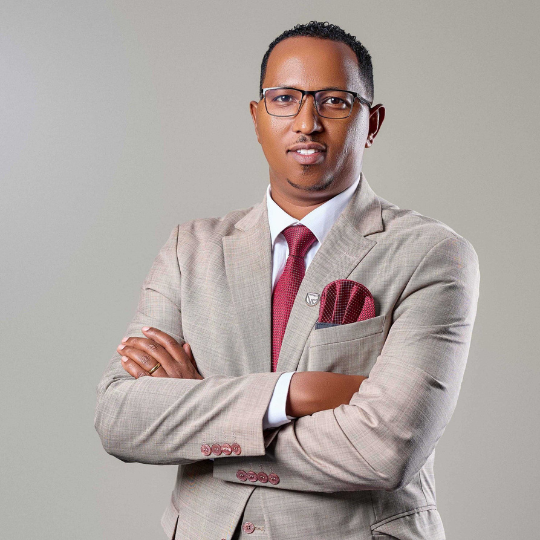The workplace is experiencing one of its most significant transformations. With the rise of Gen Z and the continued presence of Baby Boomers, Gen X, and Millennials, organizations in Kenya are seeing a new era of multigenerational teams. While this diversity brings rich collaboration opportunities, it also surfaces challenges in aligning work styles, values, and expectations.
So, how can leaders create a work culture that unites generations instead of dividing them?
Why Gen Z’s Expectations Are Changing Kenyan Workplaces
Gen Z is unlike any generation before. They have grown up with digital fluency, rapid global change, and strong social awareness. Their career decisions are influenced by experiences of climate change, economic shifts, and a pandemic—all before age 25.
They seek:
- Flexible work models over rigid 9–5 schedules
- Purpose and impact over paycheck alone
- Authenticity and inclusion in leadership and culture
- Frequent feedback instead of annual reviews
In interviews, Gen Z candidates often ask questions like:
- “Do you offer flexible working hours?”
- “Is remote work an option?”
- “What mental health support do you provide?”
- “What’s your stance on sustainability and inclusion?”
These aren't questions of entitlement, they reflect clarity. This generation wants alignment, not just employment.
The Culture Gap: Policy vs Practice
Many Kenyan organizations claim to embrace flexibility and inclusion, but few implement them consistently. Policies exist on paper, but workplace culture often lags. Gen Z is pushing employers to walk the talk:
- Move beyond perks to redesign how work is done
- Adopt human-centered leadership models
- Build inclusive and adaptive systems
- Prioritize purpose alongside productivity
Companies that fail to evolve risk losing out on top talent—not just from Gen Z but across all age groups seeking modern work environments.
How to Build a Multigenerational Work Culture
To thrive in a diverse workforce, Kenyan employers must:
- Redesign Roles with Flexibility
Offer hybrid models, phased onboarding, and shift options that cater to all life stages, from young parents to older professionals transitioning into part-time roles.
- Invest in Values-Based Leadership
Equip managers to lead with empathy, transparency, and inclusion. Leadership training must go beyond technical skills and address how to manage diverse teams effectively.
- Create Feedback-Driven Cultures
Replace annual reviews with regular check-ins, team feedback loops, and growth conversations. Gen Z thrives on real-time input and recognition.
- Celebrate Generational Strengths
Position each generation as contributors. Boomers bring legacy knowledge. Millennials offer agility. Gen Z delivers innovation and social intelligence.
The Future of Work in Kenya Is Multigenerational
The real question is not “How do we hire Gen Z?”—it’s “How do we evolve fast enough to create workplaces where all generations can thrive?”
This isn’t about making room for one group—it’s about building future-ready workplaces that are:
- Purpose-driven
- Flexible
- Inclusive
- Collaborative across generations
By understanding what each generation values and fostering mutual respect, Kenyan companies can turn age diversity into a competitive edge.
The future of work is already here. And it’s multigenerational.

Abed Lolokuru
ElevateHR Community Member
